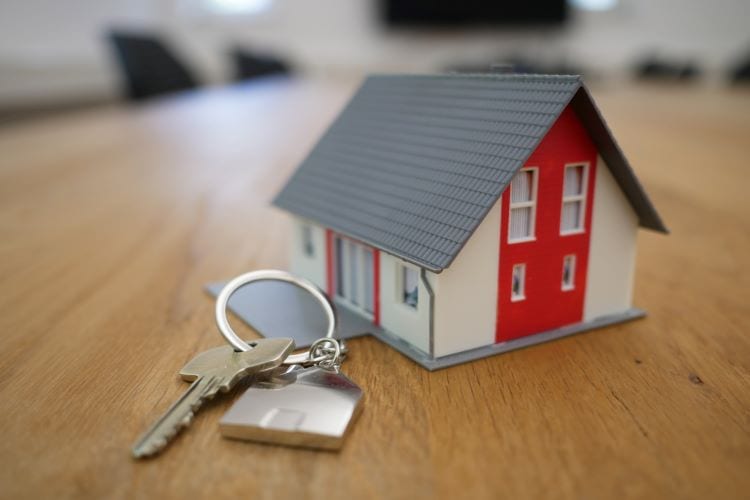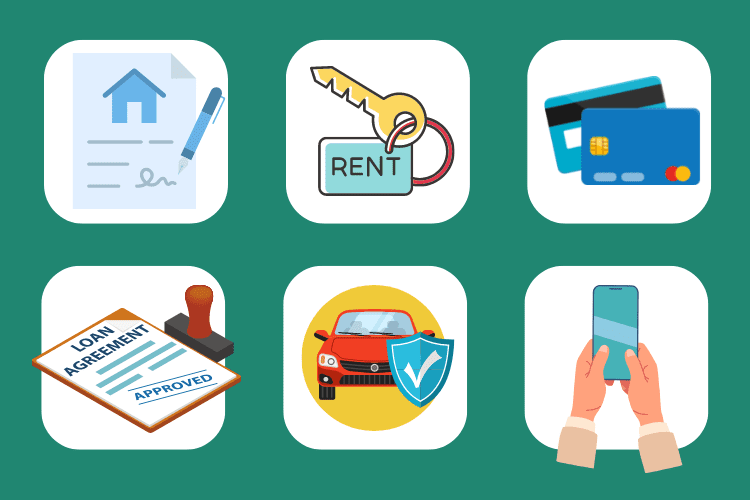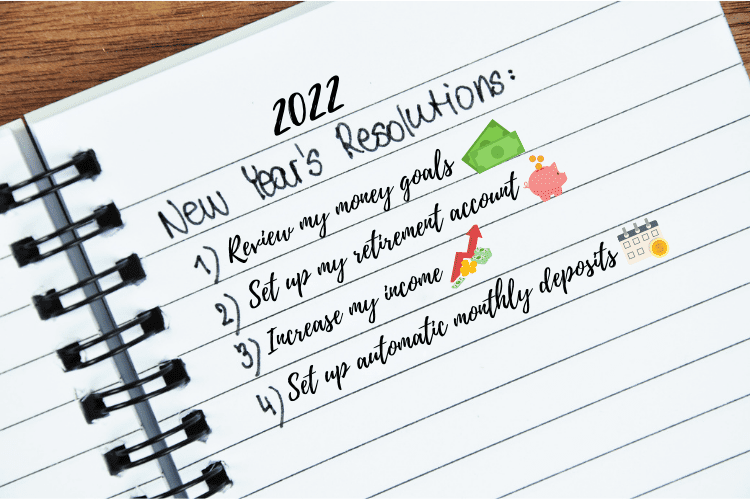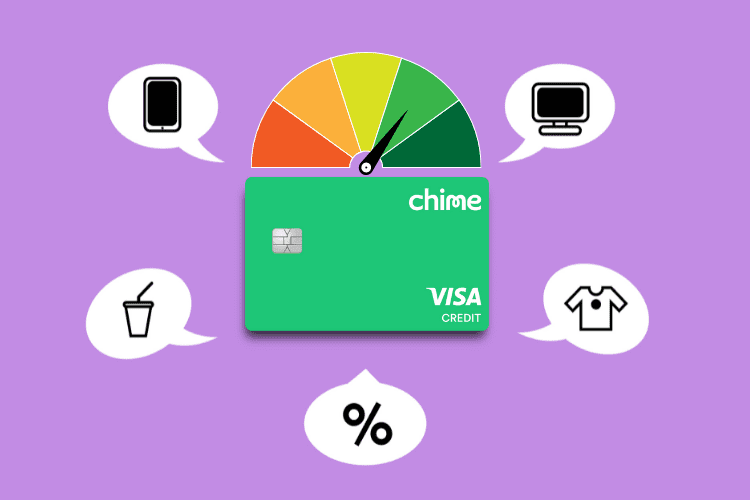How to Pay Off Your Mortgage Early

If you’re like most Americans, your home mortgage is the largest single debt you have. It’s also probably your most significant monthly expense. Wouldn’t you love to get rid of it and fully own your property—years ahead of schedule? It’s a great idea for many—maybe even most—homeowners, but the early payoff isn’t the best choice for everyone. Let’s look at when you should and shouldn’t pay off your mortgage early.
When Not to Pay Off Your Mortgage
Getting out of debt as quickly as possible seems like a no-brainer, right? Actually, no. When it comes to mortgages, the situation’s a little more complicated.
First, you may be dealing with other financial issues that take priority over an early mortgage payoff. These may include:
- Paying off high credit card debt or student loans
- Building an emergency savings account
- Emergency health issues
Aside from emergency needs, there may be better uses for the extra money you’d put into the mortgage. If you have a low-interest rate on your mortgage, you can achieve a higher financial payoff by placing those funds into investments instead of accelerated mortgage payments. There’s nothing wrong with making your standard mortgage payment over 30 years—if you’re simultaneously contributing to a retirement fund.
But isn’t the conventional wisdom that it’s better to get out of debt first and then start investing with leftover money? Again, mortgages are different. Unlike sky-high credit card balances, which suggest you’re spending or living beyond your means, a mortgage is considered “good debt.”
In the first place, It’s an understandable obligation: No one expects you to be able to buy a home outright for cash. Then, the mortgage payments go towards something positive: building equity (ownership) in your property. A stable record of timely payments can actually help your credit score and credit history: It shows lenders and creditors you’re a responsible person, able to borrow money and then meet your obligations.
The bottom line: Consider your entire financial picture when deciding whether to commit to an early mortgage payoff.
Ways to Pay Off Your Mortgage Early
Let’s say an early payoff does make sense for you. How to go about it?
Refinancing Your Loan
Refinancing is one popular way. Basically, this means you’re taking out a new loan and using that to pay off the old one. It’s best to refinance to a 15-year mortgage instead of a 30-year mortgage: Shorter mortgage terms are paired with lower interest rates to help you eliminate your debt in half the time.
As you can see by playing around with this refinance calculator, refinancing from a 30-year mortgage at 8% interest to a 15-year mortgage at a 5% interest on a remaining mortgage balance of $175,000 saves more than $200,000 in interest charges.
Make Payments Biweekly
If making a monthly mortgage payment of $1,500 gives you heartburn, consider making biweekly payments instead. This is an especially great option if you’re paid biweekly. Simply budget to pay half of your monthly mortgage amount on each payday, then allocate the remaining portion of your paycheck for bills, expenses, and savings.
Arranging biweekly payments offers a hidden benefit as well: You’ll actually make 13 full payments instead of 12 each year. Though one extra payment a year may not sound like much, it can dramatically impact. If you have a 30-year $200,000 mortgage at an interest rate of 5%, making one extra annual payment would save you nearly $35,000 in interest and help you pay off the loan five years early.
Put Windfalls Toward Payments
Tax refunds, holiday work bonuses, extra income from garage sales, inheritance funds, and other “found” money can be directly applied to your principal mortgage balance. If these windfall payments aren’t part of your budget, they’ll feel like “free money” that you can allocate in the most productive way possible.
For example, if you earn a 3% raise at work, consider applying 2% of that raise to your mortgage payment each month. The extra 1% will pad your budget, but you won’t even miss the other 2% since it was never part of your budget in the past. In just one year, you could apply thousands of extra dollars to your mortgage balance and enjoy the perks of an early payoff.
Make sure you weigh your options and confirm that an early payoff plan is definitely right for you. If it is, commit to the strategies to help you reach your goal.
Read about micro-investing and how to get started with our complete guide: Micro-Investing: What It Is, Why It’s for You and How to Start.










